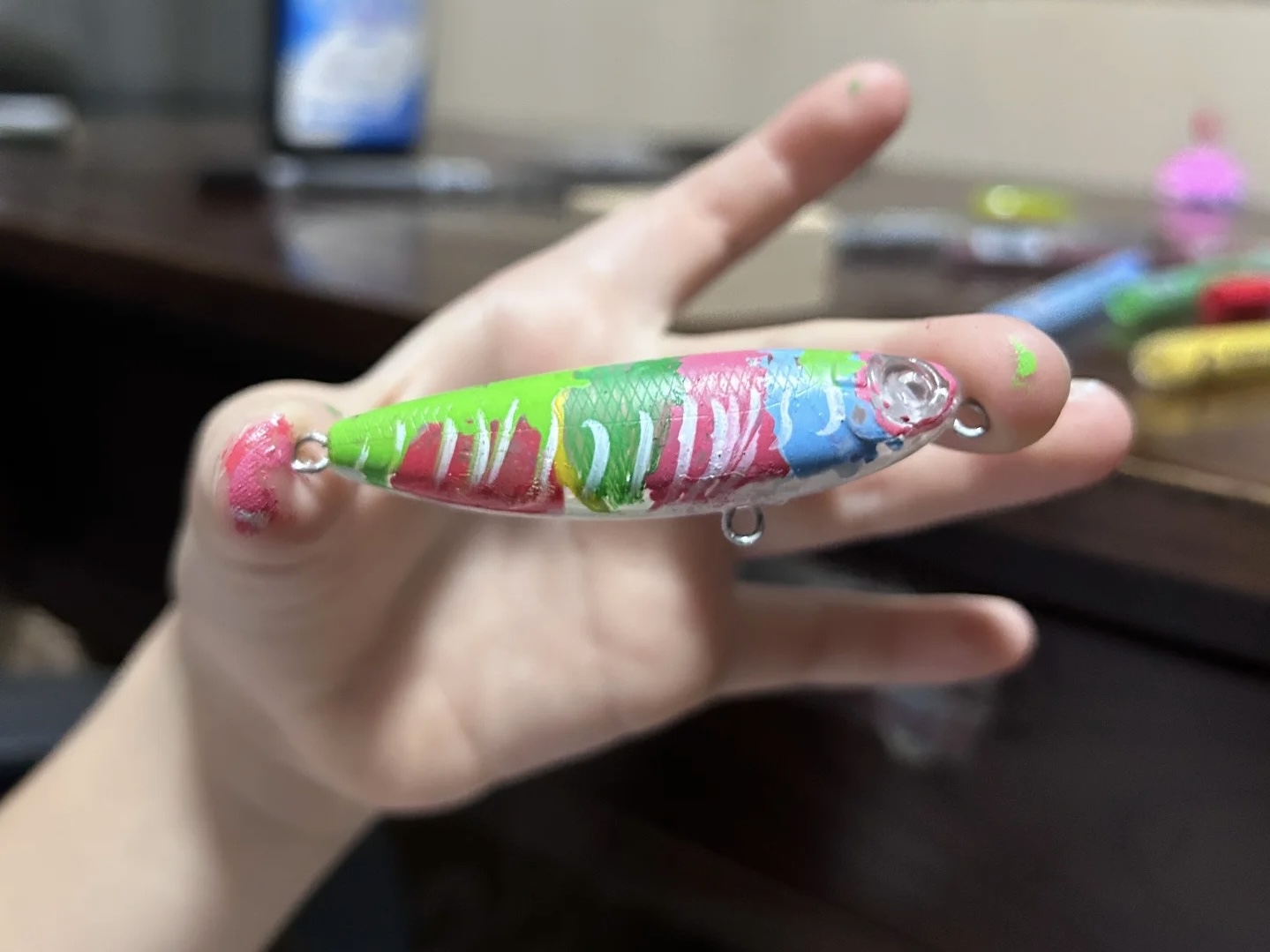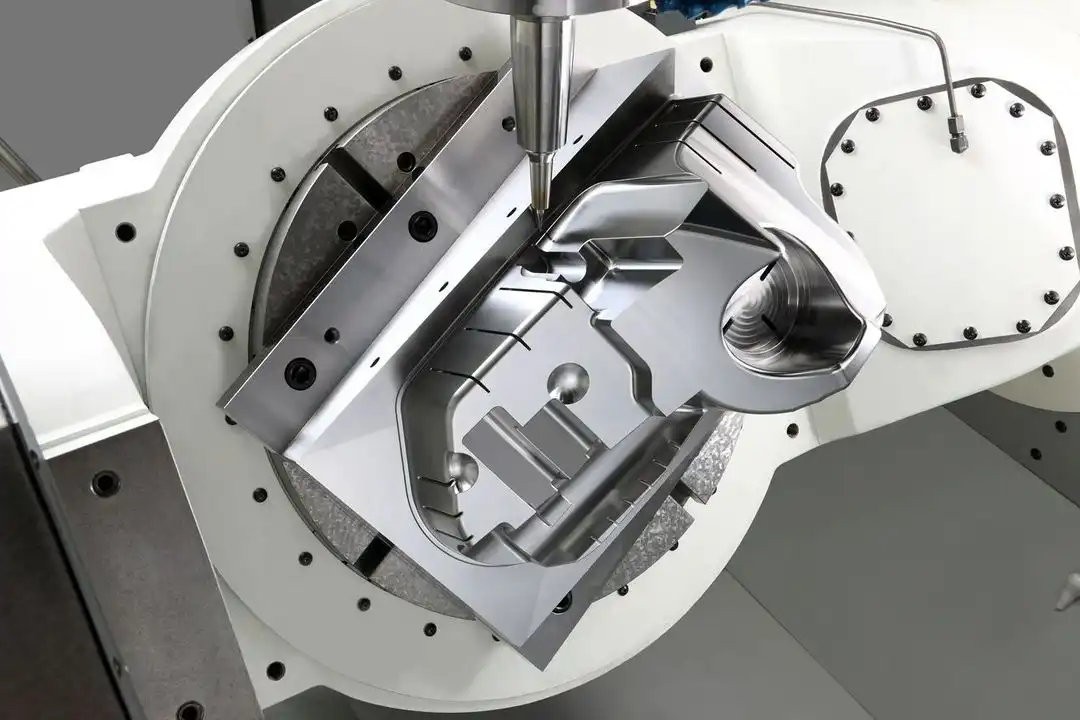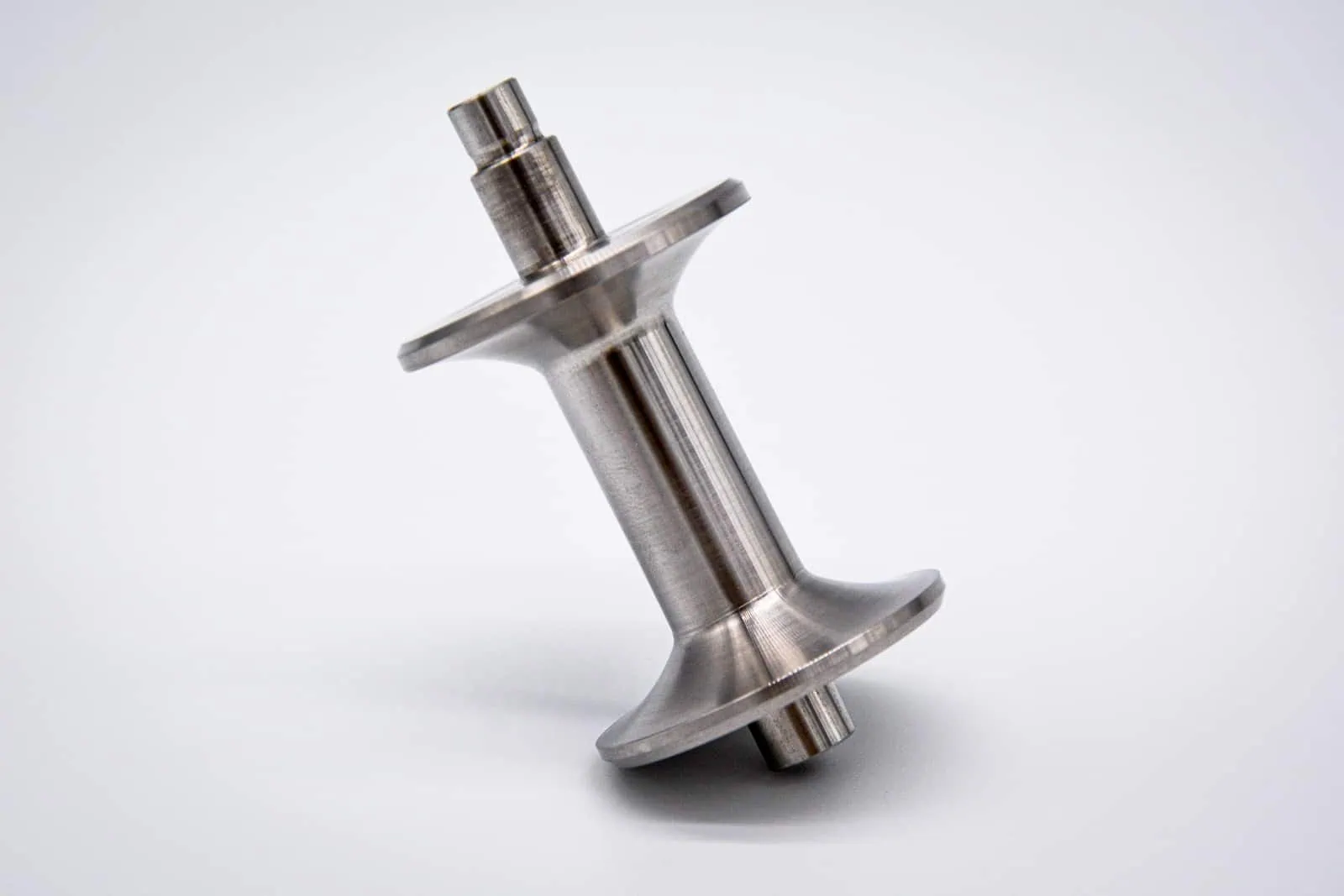Check our guide to choose the required properties for your CNC machining project among over 20 materials.
To manufacture high-quality products, it is crucial to use appropriate CNC machining materials. Making the correct choice might save you both time and money. This article aims to simplify the process of selecting materials well-suited for CNC machining. This article will look at the many materials that go into CNC machine work.
We have created a list of the CNC machining materials used by Xometry to produce custom CNC machined parts. Most CNC machining involves aluminium, stainless steel, steel, brass, copper, titanium, and rigid plastic.
Aluminium Alloys
Aluminium alloys are the workhorse of CNC machined components. Thanks to their lightweightand excellent thermal conductivity, these materials maximize efficiency and make producing high-precision parts easier.
Aluminium can be heat treated to increase strength, while other additives—such as manganese and silicon—ensure parts created with CNC machining maintain dimensional stability.
As its popularity increases across industries, aluminium is increasingly used in applications ranging from strategic airframes to everyday car components.
Aluminium 2007 / 3.1645 / Al-CuMgPb
This particular aluminium alloy has short chips and a copper percentage that falls anywhere in the range of 3.3% to 4.6%. Both high-speed machining and threading are well suited to this material, making it an excellent choice. Copper is not the only element present; magnesium and lead are other components of it.
- Key features: Excellent machinability • Heat treatable • Low weldability • Low corrosion resistance
- Applications: This material is commonly used to produce machine parts, bolts, and nuts. However, its copper content gives it low weldability and low resistance to corrosion.
Aluminium 2017A / 3.1325 / Al-Cu4Mg
Aluminium 2017A / Al-Cu4Mg is an age-hardenable wrought alloy with high strength and excellent ductility. Depending on the required use, it can be heat-treated to obtain a wide variety of qualities. For instance, it could be heat-treated to generate a strong and ductile material, making it ideal for structural applications.
- Key features: Ductile • High strength • Excellent workability
- Applications: Its most common use is in the aerospace industry, namely for manufacturing structural components that require a high strength-to-weight ratio.
Aluminium 5083 / 3.3547 / Al-Mg4.5Mn
Aluminium 5083 is a medium-strength, corrosion-resistant alloy. It possesses the strongest strength among the non-heat-treatable alloys, but its usage at temperatures exceeding 65°C is not advised. It is resistant to corrosion and is easy to machine. It can be welded using all usual techniques; however, welding in the heat-affected zone of high-strength alloys is not suggested.
- Key features: Moderate strength • Good machinability • Corrosion resistant • Excellent weldability
- Applications: It is often used in manufacturing sheet metal products such as ducting for HVAC systems, kitchen equipment, and light fittings.
Aluminium 6060 / 3.3206 / Al-MgSi
Aluminium 6060 is a series 6000 alloy of Al-Mg-Si with moderate strength. This is a low-strength aluminium alloy that can be heat-treated. It offers excellent corrosion resistance, weldability, and cold-forming suitability.
- Key features: Low strength • Heat treatable • Good weldability • Good corrosion resistance
- Applications: It is commonly used to manufacture machined parts for various industries. It is applied in the production of lighting, furniture, flooring, and other engineering applications with no special strength requirement.
Aluminium 6061 / 3.3211 / Al-Mg1SiCu
Aluminium 6061 is a precipitation-hardened aluminium alloy composed mostly of magnesium and silicon. It has excellent mechanical qualities and weldability and is widely extruded (second in popularity only to 6063).
- Key features: High strength • Good weldability • Corrosion resistant
- Applications: It is also commonly used in forging applications. With a tensile strength of 180 Mpa, this high-strength alloy is very suitable for highly loaded structures such as scaffolds, rail coaches, and machine and aerospace parts.
Aluminium 6082 / 3.2315 / Al-Si1Mg
Aluminium 6082 comprises magnesium, silicon, iron, manganese, and chromium, among other components. This elemental composition confers the alloy with its distinctive set of features. This alloy is typically manufactured by rolling and extrusion and has moderate strength, excellent weldability, and high heat conductivity. It is resistant to high-stress corrosion cracking. The tensile strength of the material varies between 205 and 310 MPa.
- Key features: Good thermal conductivity • Good weldability • High-stress corrosion cracking resistance
- Applications: It is heavily employed in offshore construction and containers.
Aluminium 7075 / 3.4365 / Al-Zn6MgCu
Aluminium 7075 is an alloy of aluminium that has been strengthened with zinc and magnesium. It has excellent resistance to stress corrosion cracking and has high strength. It is the primary component that makes up the alloy. It possesses a high strength (540 MPa), hardness and resilience to fatigue. Milling and brushing are two different surface finishing methods. It is possible to machine it to a significant degree.
- Key features: High strength • Tough • Resistant to fatigue • Excellent machinability
- Applications: With a density of only 2.81 g/cm³, it is also one of the lightest alloys in commercial production. It is extensively used in the structural parts of aircraft.
Stainless Steel Grades
Stainless steel is an incredibly popular material in CNC machining, and different grades are suited to different applications. Many grades of stainless steel are available, with austenitic being the most commonly used for machining processes.
Austenitic materials have good corrosion resistance and a wide range of mechanical strength from soft to tough, perfect for CNC machining work such as turning, threading, drilling and milling.
Stainless Steel 303 / 1.4305 / X10CrNiS18-9
It is an austenitic chromium-nickel stainless steel to which sulfur has been added. The outcome is a material with enhanced machinability but decreased corrosion resistance. X10CrNiS18-9 is a reasonably robust material in terms of its mechanical qualities. It is also very ductile, having a break elongation of around 31%.
- Key features: High strength • Good machinability • Ductility • Low corrosion resistance
- Applications: This material is ideal for use in environments where corrosion is not a major concern, such as in the food processing industry.
Stainless Steel 304 / 1.4301 / X5CrNi18.10
V2A stainless steel is an austenitic chromium-nickel alloy. It is also known as 18/8 stainless steel. This is austenitic chromium-nickel stainless steel. The element chromium provides good corrosion resistance. The tensile strength ranges between 500 and 700 MPa. It is machinable but has low thermal conductivity.
- Key features: Excellent corrosion resistance • Low thermal conductivity • Good machinability
- Applications: It is used in kitchen equipment such as pans, tubes, sinks, and many more. It is easily formable. Due to its excellent corrosion resistance, it is widely used in the food and beverage industry and in many other industries.
Stainless Steel 316L / 1.4404 / X2CrNiMo17-12-2
It is an austenitic alloy of chromium and nickel, including molybdenum and nitrogen. This mix of components gives it durability and a variety of other desired qualities. The inclusion of molybdenum improves corrosion resistance and stability against nonoxidizing and chloric acids. It has a high heat resistance that decreases with extended usage from 425 to 861 degrees Celsius in water. It is easily formable into many products.
- Key features: Good heat resistance • Corrosion resistance • High weldability
- Applications: It has good machinability and is used in food processing equipment, boat fittings, bolts, nuts, and springs.
Stainless Steel 316Ti / 1.4571 / X6CrNiMoTi17-12-2
Stainless steel 1.4571 is an austenitic stainless steel containing both chromium and nickel. The inclusion of these elements improves the corrosion resistance and mechanical strength of the steel. This substance comprises between 0.5 and 0.75 per cent titanium. Titanium provides the steel with a structure that is stable at temperatures exceeding 800°C. It has exceptional corrosion resistance. It is machinable but cannot be heat-treated to increase its hardness.
- Key features: Excellent corrosion resistance • Low hardenability • Excellent durability • High strength
- Applications: It is available as sheets, tubes, pipes, plates, or bars. It is good for marine environments.
Stainless Steel 304L / 1.4307 / X2CrNi18-9
Steel 1.4307 / X2CrNi18-9 is an austenitic chromium-nickel stainless steel with molybdenum added to increase corrosion resistance and toughness.
- Key features: Excellent ductility • Non-magnetic • Tough • Strong • Corrosion resistant
- Applications: The steel is non-magnetic and has excellent ductility, making it suitable for various applications such as pressings, drawn components, and welded fabrications. This material is also commonly used in the food and chemical industries and the construction and offshore sectors.
Steel Grades
CNC machining is a unique process that requires the use of powerful and reliable material components. Steel grades, specifically, play a major role in this process as they define the finished product’s integrity, durability, and accuracy.
For CNC machining applications, high-grade steel is often used as it holds excellent tensile strength and has superior welding ability.
Steel 1.0038 / S235JR
This is structural steel made from pure hot-rolled steel. With superior plasticity, tensile strength, and weldability, its yield strength ranges from 185 to 235 MPa. It is the same as Fe360B. S235JR material can be applied to any steel with comparable chemical and mechanical characteristics.
- Key features: Good plasticity •Tough • Good weldability
- Applications: This material can be formed into many products such as I beam, channels, plates, angle bars, etc. its excellent weldability makes it widely used in bridges, transmission towers, etc.
Steel 1.0503 / C45
Steel C45 is the designation given to steels with a carbon content between 0.42 and 0.50 weight per cent. This material has the lowest heat conductivity and ductility among carbon steels that have been wrought. In high-speed applications, size precision, straightness, and concentricity lead to little wear.
- Key features: High tensile strength • Low ductility • Low thermal conductivity
- Applications: While medium carbon steels are used in various applications, they are particularly well suited for parts that require high wear resistance and strength, such as gears, shafts, and bearings.
Steel 1.0511 / C40
This steel is a non-alloyed carbon engineering steel that has been wrought and heat-treated to increase its hardness. It is suited for situations requiring great strength. Steel 1.0511 / C40 is a carbon steel of unalloyed grade with high tensile strength, so it is appropriate for applications requiring strength.
- Key features: Excellent strength • High machinability • Non-alloyed
- Applications: This steel grade is available in various profiles, including plates, sheets, coils, strips, bars, and forgings. This steel grade is typically used in automotive components, machinery parts, pump and valve bodies, gears, and spindles.
Steel 1.0570 / S355J2G3
This steel contains many chemical elements, each of which confers distinct qualities. For example, st52 steel is renowned for its strength and durability. It is also corrosion-resistant and readily weldable. These
characteristics make it a great material for several applications. This unalloyed structural steel has a tensile strength of 630Mpa. Compared to other carbon steels, this material has a high electrical conductivity but low heat conductivity and ductility.- Key features: High tensile strength • Low thermal conductivity • Good weldability • Low ductility
Steel 1.2842 / 90MnCrV8
Steel 1.2842 / 90MnCrV8 is a chromium-molybdenum-vanadium alloy with a high carbon content. The material provides excellent durability and wear resistance. In addition, it possesses excellent machinability and is non-magnetic. The steel’s hardness can be increased by heat treatment.
- Key features: Tough • High machinability • Wear resistant • Non-magnetic
- Applications: It is used for making cutting tools and measuring implements. The material is also suitable for cold-forming operations such as bending, stamping, and drawing.
Steel 1.7131 / 16MnCr5
Carbon steel 1.7131 has excellent weldability and machinability. It has a high surface hardness and wear resistance and is easily machined. This material’s mechanical characteristics can be altered by heat treatment.
- Key features: High surface hardness • Wear resistance • High machinability and weldability.
- Applications: It is suitable for manufacturing parts and components that require good dimensional stability and mechanical properties. With a tensile strength of 640 –1375 MPa, it is ideal for manufacturing gears, worms, bushings, and other machine components.
Steel 1.7218 / 25CrMo4
25CrMo4 is a steel grade intended particularly for producing components and parts susceptible to high degrees of stress. This type of steel is renowned for its high strength and resiliency, making it a perfect material for situations in which endurance is essential.
- Key features: Durable • Excellent strength and resilience
- Applications: It is generally used to manufacture gears, shafts, valves, and other highly stressed components.
Steel 1.7225 / 42CrMo4
Steel 1.7225 is a typical German material supplied in a pre-hardened state. It produces different plastic moulds, hot forging dies, and hot stamping dies. Additionally, the material may be utilized to create cold
work tool steels. This material offers exceptional strength, toughness, hardenability, and impact resistance.- Key features: High strength • Tough • Resistance to impact • Hardenability
- Applications: It is widely used in the construction of machines, axles, gear shafts, wheel and base plates. It is also used for the production of large plastic moulds.
Titanium Grades
Amongst metals, titanium is considered one of the toughest yet lightweight materials for CNC machining. This makes it an excellent choice when precision engineering is needed. Different grades of titanium can be used, depending on the desired strength and further characteristics.
No matter which grade you choose, rest assured that CNC machining titanium parts are long-lasting and suitable options for building durable components while keeping the weight low.
Titan Grade 2 / 3.7035
This unalloyed titanium offers an exceptional strength-to-weight ratio and high corrosion resistance. Limited thermal stresses result from its low thermal expansion. Due to its exceptional biocompatibility, it is commonly used in lightweight constructions and is also applicable in the medical field.
- Key features: Excellent strength-to-weight ratio • Good resistance to corrosion • Low thermal expansion
- Applications: This titanium grade is often used for structural components such as frames, wings, and fuselage. Other common applications include turbine blades, shafts, and fasteners.
Titan Grade 5 / 3.7164 / 3.7165 / Ti-6Al-4V
This material comprises 6.75 per cent aluminium, 4.5 per cent vanadium, and trace quantities of iron. It has more strength than pure titanium while retaining the same rigidity and thermal characteristics. It can be easily machined and welded.
- Key features: Good strength • Easy machinability • Resistant to corrosion
- Applications: With high strength and corrosion resistance, it can withstand various adverse environmental factors, including seawater. It is often used in subsea oil and gas structures.



